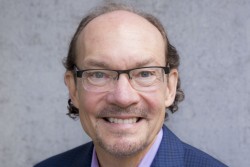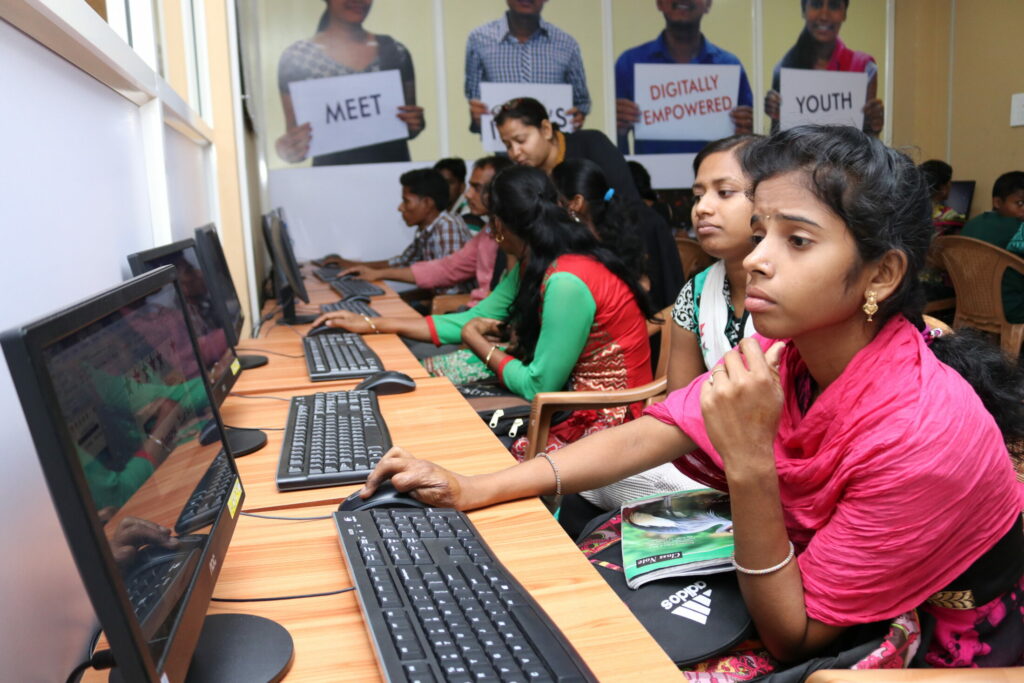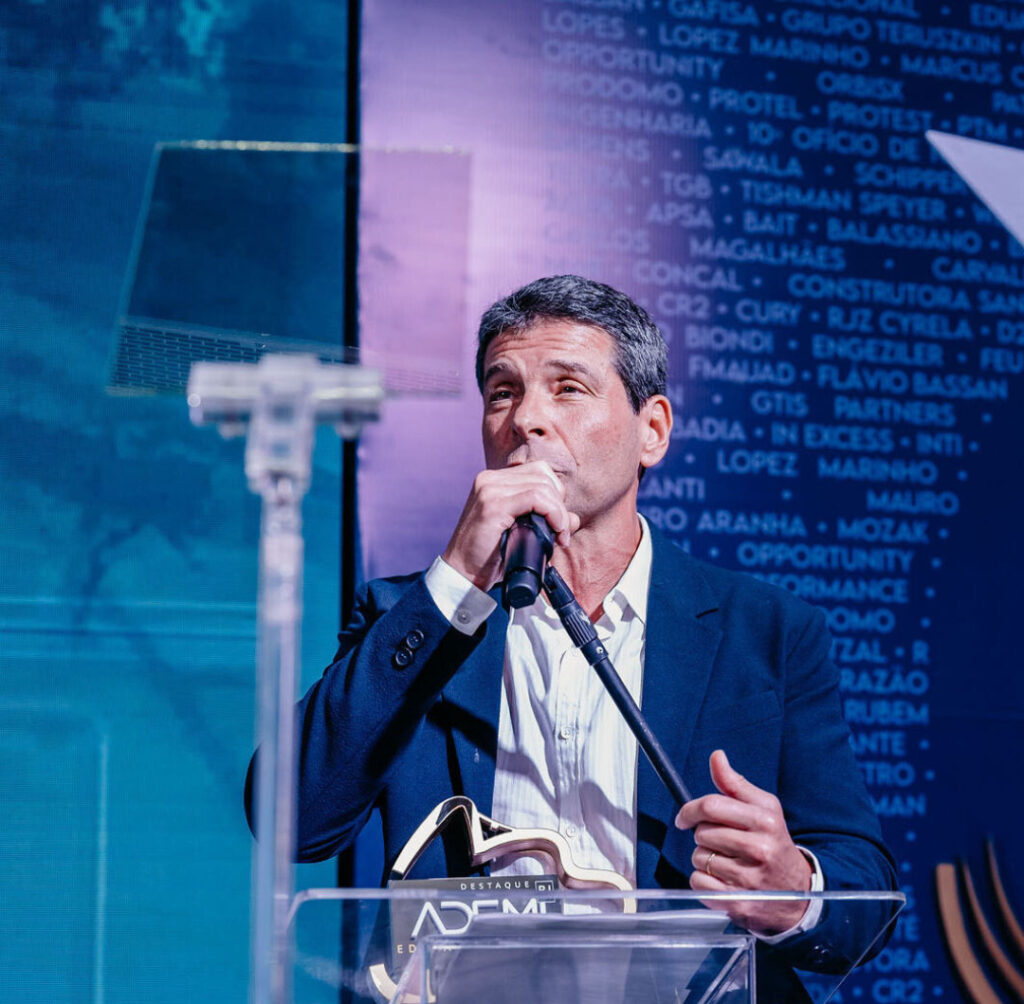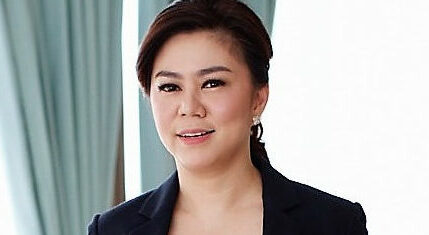by Jean-Christophe Nothias | Editor
With the World Humanitarian Summit fast approaching, Neal Keny-Guyer, CEO of Mercy Corps, took time out of his busy schedule to talk to us about his vision for the Summit, how aid can do better, and what’s coming next for the international humanitarian system.
Jean-Christophe Nothias (JCN): What have been the key points of interest for Mercy Corps in the preparatory meetings for the World Humanitarian Summit? What contributions have you made?
Neal Keny-Guyer (NKG): The world is on fire. Mercy Corps is on the literal front lines, witnessing rising fragility and violence. Nearly one in four people live in conflict. Globally, this is a tremendous driver of extreme poverty. In the face of a broke and broken humanitarian system, Mercy Corps has consistently expressed to the organizers of the World Humanitarian Summit (WHS) that our sector needs a commitment to real change by addressing the root causes of conflict, transforming aid, and engaging youth.
The UN Secretary-General reached out to us about two years ago to request our participation in the WHS. We have contributed in many ways, including participating in regional consultations and global panels to help inform and shape the agenda. We go to Istanbul with the conviction that we can and will do better.
JCN: As a participant, what would be a positive outcome of the Summit in your view? Do you see potential for concrete results?
NKG: We will see positive outcomes when attendees buy into the belief that delivering real change and transforming the humanitarian system for greater inclusion, impact and innovation can only be achieved by investing in approaches that are fundamentally disruptive.
In order to make that happen, we want to see nontraditional actors – businesses, local NGOs from the global South and countries who aren’t traditional donors – brought into the process. It is vital that the global community, together with these partners, invest in youth around the world, particularly those who live in areas of conflict. Then we will begin to build better, more sustainable lives for the next generation.
We also want to see increased cash programming. The dignity and efficiency of cash assistance illustrates where aid can have a great, almost immediate impact. This would require the aid system to shift from in-kind assistance to unconditional cash, as appropriate at scale. Cash assistance currently makes up about 9% of all aid globally. WHS offers a moment to amplify our call for a dramatic increase for this flexible, effective, and dignified method of delivering humanitarian assistance.
JCN: In an interview with NGO Advisor, Director Bruno Jochum said that MSF had been concerned about the focus and potential outcomes of the meeting from the very beginning of the Summit process. Have you ever discussed this issue with MSF? Have other NGOs shared the same concern with you? What is your take on MSF’s decision?
NKG: This is the first time ever that a global summit has been held on humanitarian issues. We want to attend and are bringing one forceful message: we can face down conflict and deliver better lives for people and communities beset by crisis. We can make progress even where diplomacy and statecraft struggle to deliver the goods.
JCN: WHS has not published a list of NGO participants or conference speakers. Some are calling the process for selecting NGOs and speakers into question, saying that it has not been transparent. What is your view on this?
NKG: It is important to point out that the Summit itself is just one milestone in a process that started as far back as early 2014. The process of building the Summit agenda began in regional, online, and other fora to engage diverse stakeholders. The post-Summit agreements and actionable goals are the most important part of this process to ensure sustained, predictable, and decentralized transparency.
There are opportunities to see the conference speakers, panelists and subject matter experts for the High-Level Leaders’ Roundtables and Special Sessions on the WHS portal. It appears the organizers are attempting to publish these scheduled events as the speakers are confirmed. I’m sure all of us would have liked to see greater transparency in selecting the invitees. As far as Mercy Corps is concerned, we worked on the Summit at the request of the organizers. We submitted our ideas and proposed speakers through our NGO consortia partners (InterAction, BOND, ICVA). We understand that the UN is seeking to have a broad global gathering and that requires balancing public, private, and NGO participation.
JCN: Start Network has been promoting a “grand bargain” idea, which asks NGOs to rally behind a common position at the WHS. What do you think about this? Do you think the NGO sector can or should present a united front at the Summit?
NKG: We are part of the Start Network. We’re excited about change the network seeks. We share the Network’s vision of an innovative, flexible, collaborative, and ultimately responsive system that is connected to crisis-affected people. That said, the “grand bargain” process itself is probably difficult to fully understand as a common position at this stage.
It certainly is possible to present a united front at the summit. We believe in the power of solidarity and community consensus. For instance, we have rallied behind several umbrella organizations (BOND and InterAction) that represent a common vision against the aspirational framing of the Secretary-General’s Agenda for Humanity. However, not all NGOs can make the same commitments – some are not relevant to their mission or operations – and as such we should expect many different types of consensus coalitions.
JCN: How do you think the current multi-stakeholder approach will hold up at the Summit, particularly in building concrete and actionable outcomes? What are the advantages and pitfalls of this approach as you see them, especially in regard to respecting international humanitarian law?
NKG: The practical impact of the Summit must be to build an actionable agenda for change. This bold objective is something that no single sector or set of institutions can fix alone. It inherently requires a significant number of diverse stakeholders to feed into, and more importantly, to commit to.
Would it be effective to have this kind of large Summit every two or three years? Perhaps not, given the disadvantages and expense of global gatherings. However, there is a distinct advantage of holding this forum at this moment in time. It will bring the world’s attention to the crossroads the humanitarian community stands at and the challenges confronting the globe, most importantly how we face conflict.
The Summit must be the launch of a rallying point for a global effort to enhance adherence to international humanitarian law and restore respect for civilians in armed conflict. The deeply troubling trends in conduct of armed conflict and its consequences for civilians, notably in Syria and Yemen, concern us all. We cannot allow conditions to erode further. If respect for civilians in armed conflict is to be restored across multiple ongoing conflicts, political leadership is mandatory. It is essential that the international community reaffirm its commitment to both respect and ensure respect for international humanitarian law, and for the protections to which civilians, civilian property, and humanitarian infrastructure are entitled.

Neal Keny-Guyer, CEO of Mercy Corps


